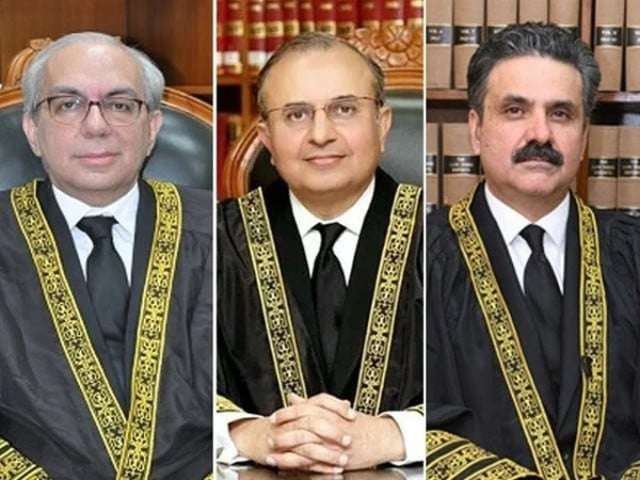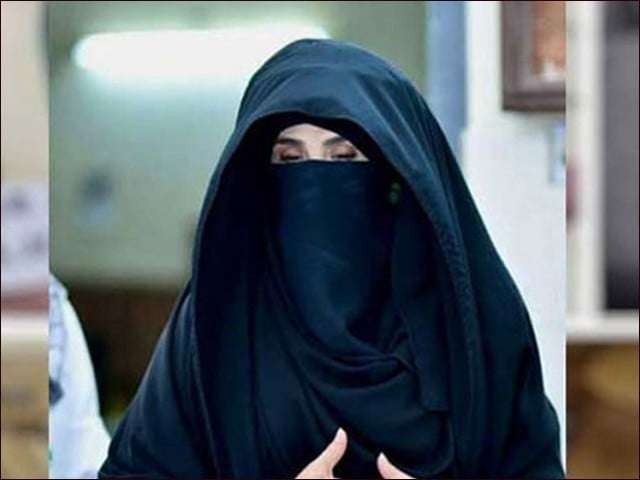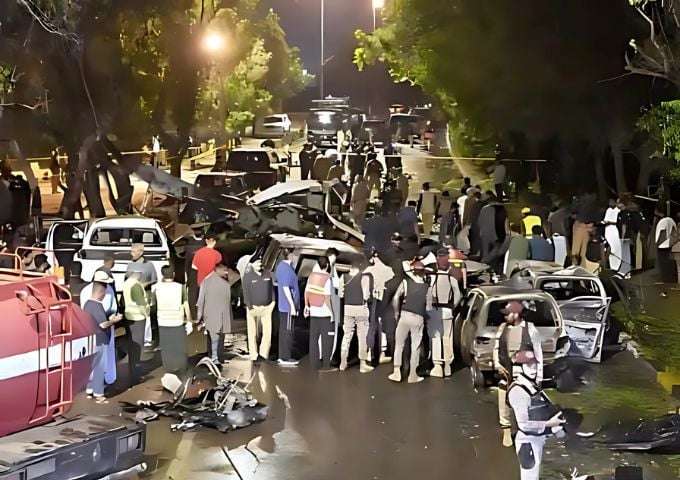ISLAMABAD: The parliamentary committee tasked with appointing the next Chief Justice of Pakistan postponed its meeting on Tuesday due to the absence of key members from the Pakistan Tehreek-e-Insaf (PTI) and the Sunni Ittehad Council.
The committee, which was scheduled to review nominees for the top judicial position, decided to send a delegation to engage PTI and convince them to participate in the process.
The Supreme Court Registrar had earlier submitted three names for consideration by the committee: the most senior judge, Justice Mansoor Ali Shah, followed by Justice Munib Akhtar and Justice Yahya Afridi. These nominees represent the three most senior justices of the Supreme Court, and one of them will be selected to succeed the incumbent Chief Justice, Qazi Faez Isa.
The submission included a brief report summarizing the judges’ backgrounds, including their dates of birth, educational qualifications, legal careers, and timelines for their appointments as high court chief justices and their elevation to the Supreme Court.
During the committee’s meeting, the Secretary of Law and Justice presented the profiles and qualifications of the nominated judges. However, the absence of PTI and Sunni Ittehad Council members led to a delay in proceedings, and the meeting was rescheduled for later that evening, at 8:30 pm.
To ensure PTI’s participation, the parliamentary committee decided to send a four-member delegation to engage the party’s leadership. The delegation, comprising Khawaja Asif, Ahsan Iqbal, Raja Pervez Ashraf, and MQM’s Rana Ansar, was dispatched to initiate talks with PTI members and persuade them to join the proceedings.
This latest development is part of the broader process to appoint the new Chief Justice following the submission of the nominees. The parliamentary committee plays a crucial role under the new system, which aims to enhance transparency and legislative oversight in the judiciary.
The absence of PTI members from the meeting highlights the ongoing political tensions surrounding the appointment of the Chief Justice, a post that has become increasingly politicized in recent years. Sources suggest that PTI’s reluctance to participate may stem from its dissatisfaction with the current political setup, especially after several judicial decisions went against the party in recent months.
The committee’s deliberations are significant as they will determine the appointment of the next head of Pakistan’s judiciary. Under the new system, the three senior-most judges are shortlisted for the position, and the committee is responsible for making the final selection. Once the committee reaches a decision, the selected judge’s name will be forwarded to the Prime Minister, who will then send it to the President for formal appointment.
ALSO READ:
https://flarenews.pk/2024/10/22/watch-what-a-solar-eclipse-on-mars-looks-like/
This new process, introduced through recent amendments to the Constitution, marks a departure from the traditional system where the senior-most judge would automatically assume the role of Chief Justice. The change is seen as part of a broader effort by the government to exert more influence over judicial appointments, which has raised concerns about the judiciary’s independence.
Legal experts and political observers are closely watching the developments, as the appointment of the next Chief Justice is likely to have far-reaching implications for Pakistan’s judicial and political landscape. Many within the legal fraternity view the parliamentary committee’s involvement as a potential threat to judicial independence, while others see it as a necessary reform to ensure accountability.
The delay in the meeting, combined with the efforts to engage PTI, underscores the sensitive nature of the appointment process. If the committee succeeds in convincing PTI to participate, it could lead to a more inclusive and transparent decision. However, if the deadlock continues, it could deepen the existing political divide and further complicate the already contentious appointment process.
As the parliamentary committee resumes its efforts to finalize the appointment, the country’s political and legal circles remain on edge, awaiting the outcome of this crucial decision.



